President Abinader said air, sea and land borders would close at 6am local time on Friday (September 15) and would remain closed “until necessary”.
This is a rare move for the Dominican Republic and could affect the economies of both countries, although the impact in Haiti would be greater.
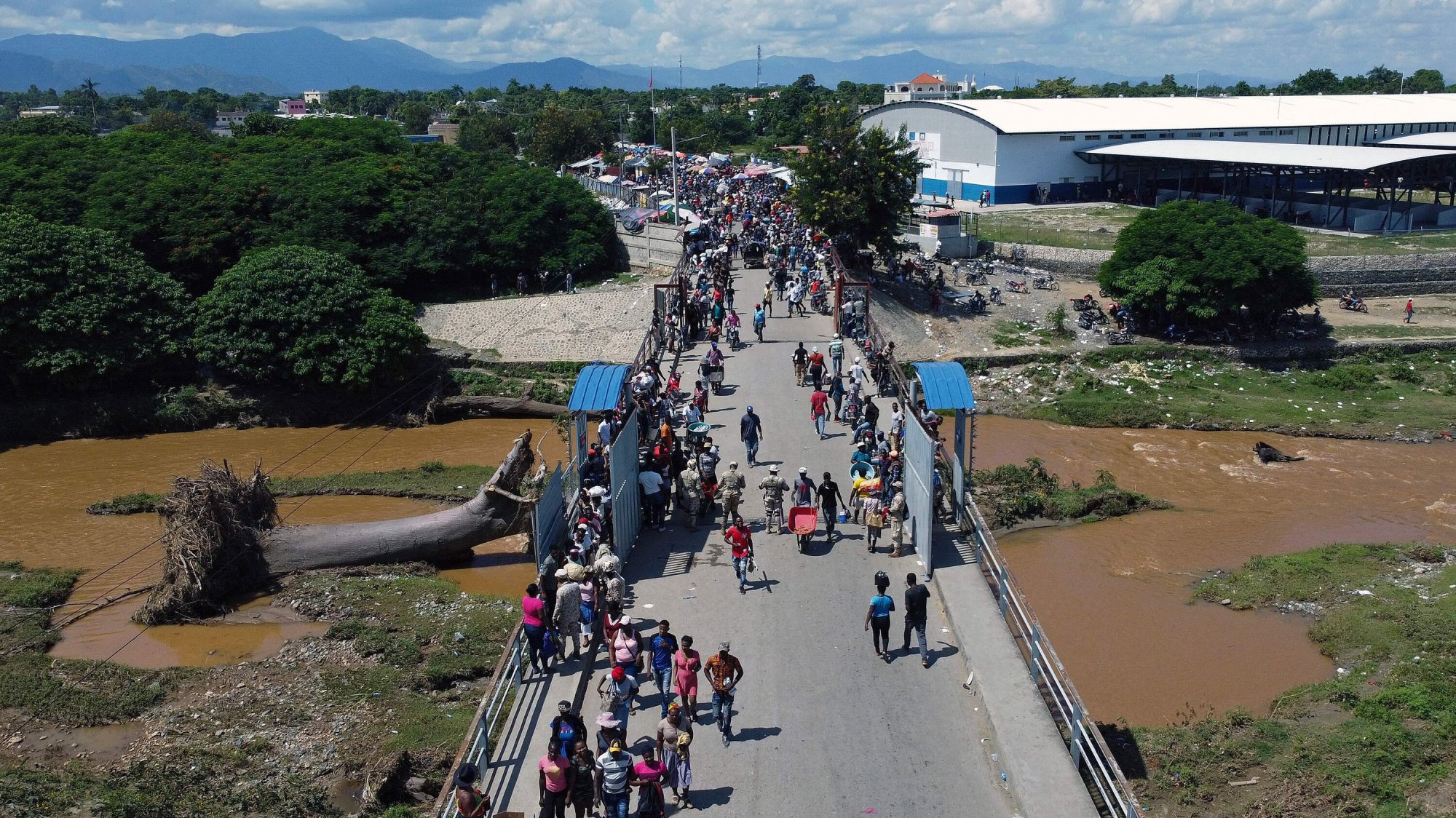
The Dominican Republic will close its border with Haiti until necessary. Photo: AP
The closure was in response to a group of farmers on the Haitian side exploiting a canal in the Massacre River, which runs along the border between the two countries on the island of Hispaniola.
Mr Abinader accused Haiti of trying to divert water from the Massacre River and said it would affect farmers and the environment in Dominica.
On September 13, the Haitian Foreign Ministry said it was meeting with Dominican officials in the Dominican Republic to discuss the situation. The meeting was still going on when Mr. Abinader announced that all borders would be closed starting September 15, suggesting that the diplomatic effort had failed.
Meanwhile, Mr. Jean Brévil Weston, leader of a group of farmers near the border, declared that he would not stop exploiting water from the canal.
The International Crisis Group said work on the canal has been suspended since the assassination of President Jovenel Moïse in July 2021, largely because Haitian authorities “have failed to address the problems caused by drought in the agricultural Maribaroux Delta.”
The Dominican Republic had earlier suspended visas for Haitians and closed the border near the northern town of Dajabon, crippling a vital economic lifeline for Haitians who trade there. People who live in Haiti but work in the Dominican Republic used to cross the border daily.
“They are suffering a lot in Dajabon and Haiti, because there is a lot of damaged goods,” said Haitian businessman Pichelo Petijon. “We have lost millions of dollars.”
Hoang Nam (according to AFP)
Source



![[Photo] President Luong Cuong attends special political-artistic television show "Golden Opportunity"](https://vstatic.vietnam.vn/vietnam/resource/IMAGE/2025/8/22/44ca13c28fa7476796f9aa3618ff74c4)
![[Photo] President Luong Cuong receives delegation of the Youth Committee of the Liberal Democratic Party of Japan](https://vstatic.vietnam.vn/vietnam/resource/IMAGE/2025/8/22/2632d7f5cf4f4a8e90ce5f5e1989194a)


![[Photo] Prime Minister Pham Minh Chinh chairs the conference to review the 2024-2025 school year and deploy tasks for the 2025-2026 school year.](https://vstatic.vietnam.vn/vietnam/resource/IMAGE/2025/8/22/2ca5ed79ce6a46a1ac7706a42cefafae)



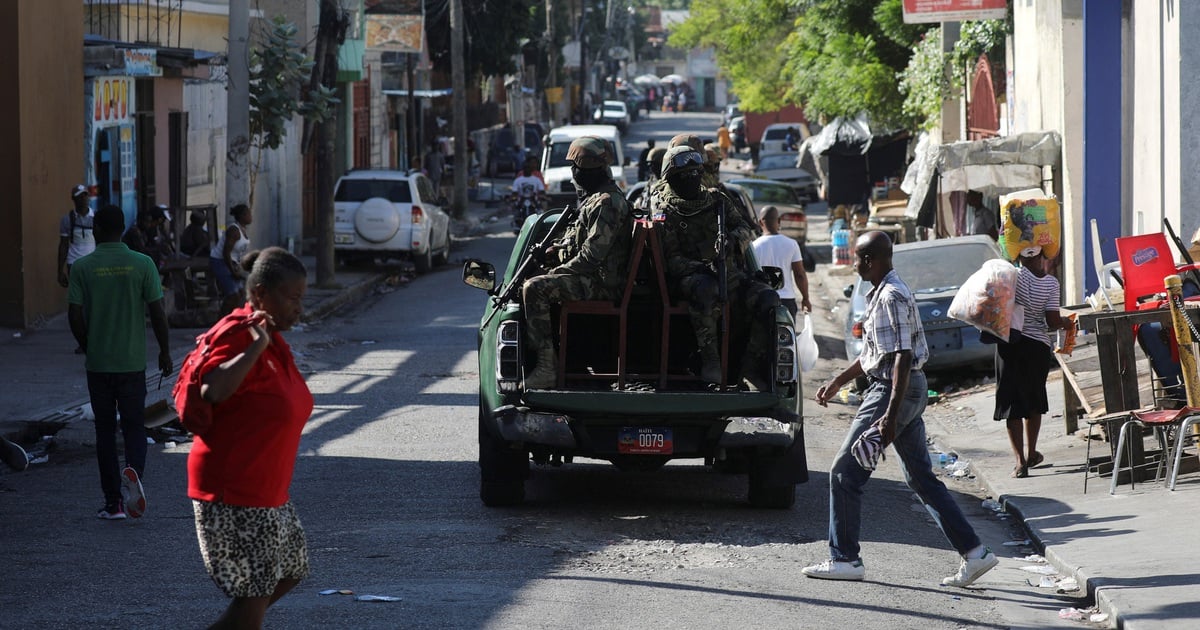

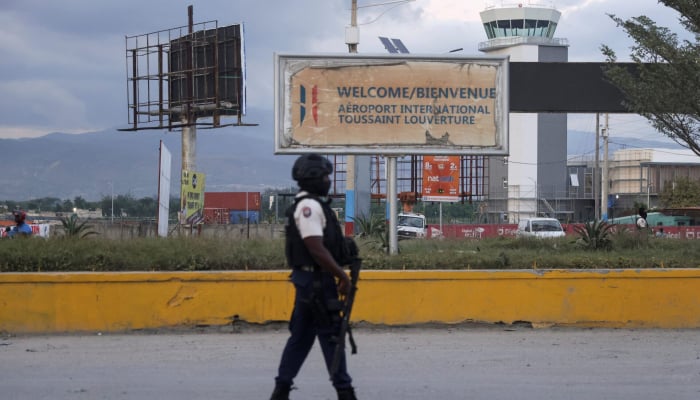

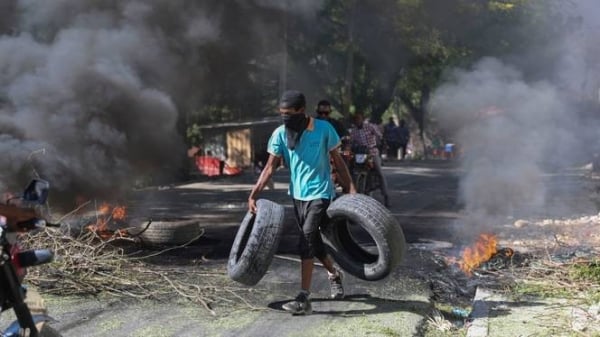

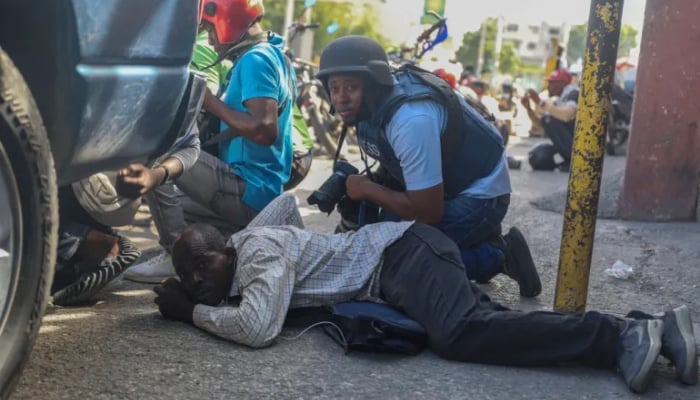




























































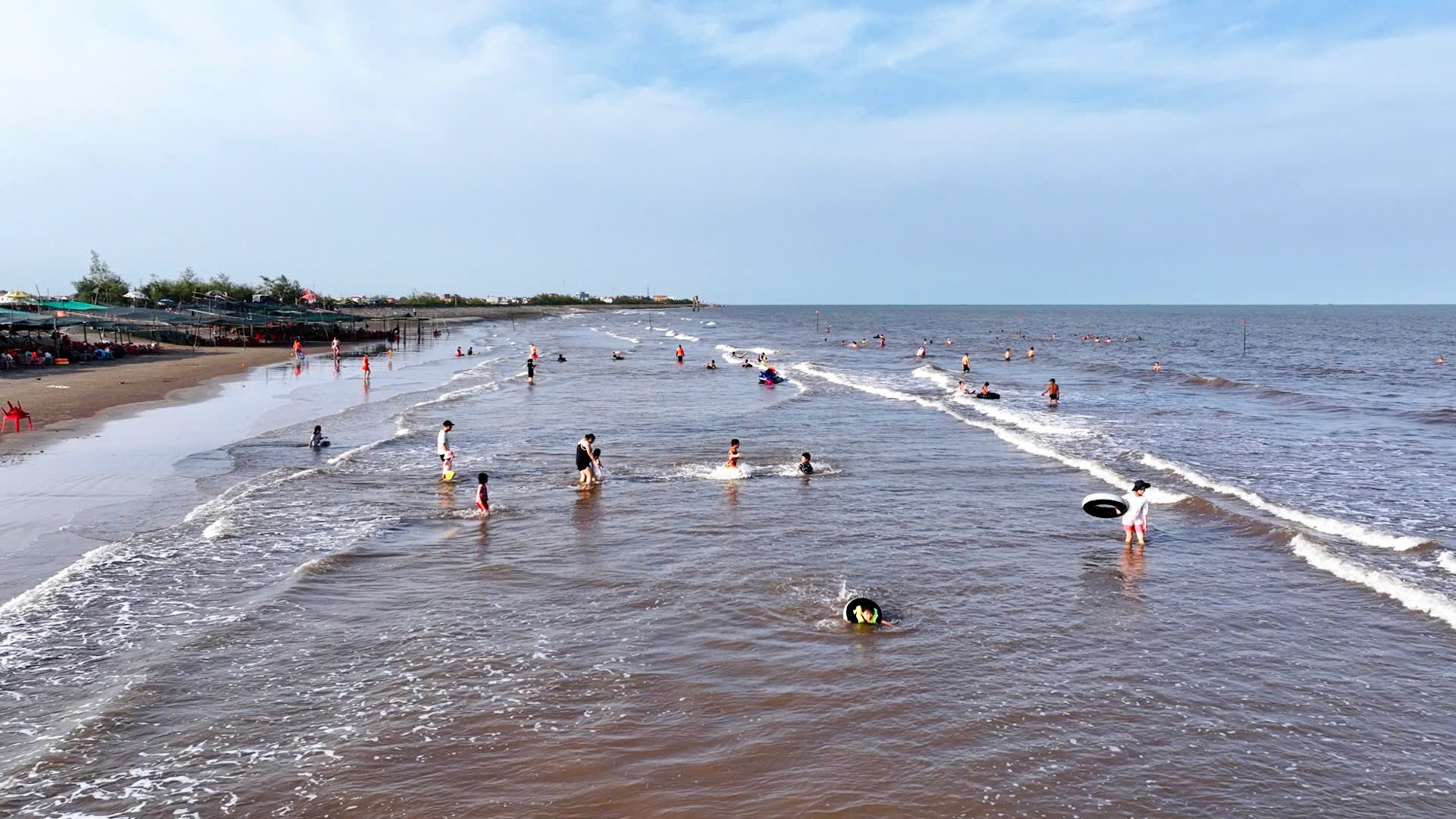







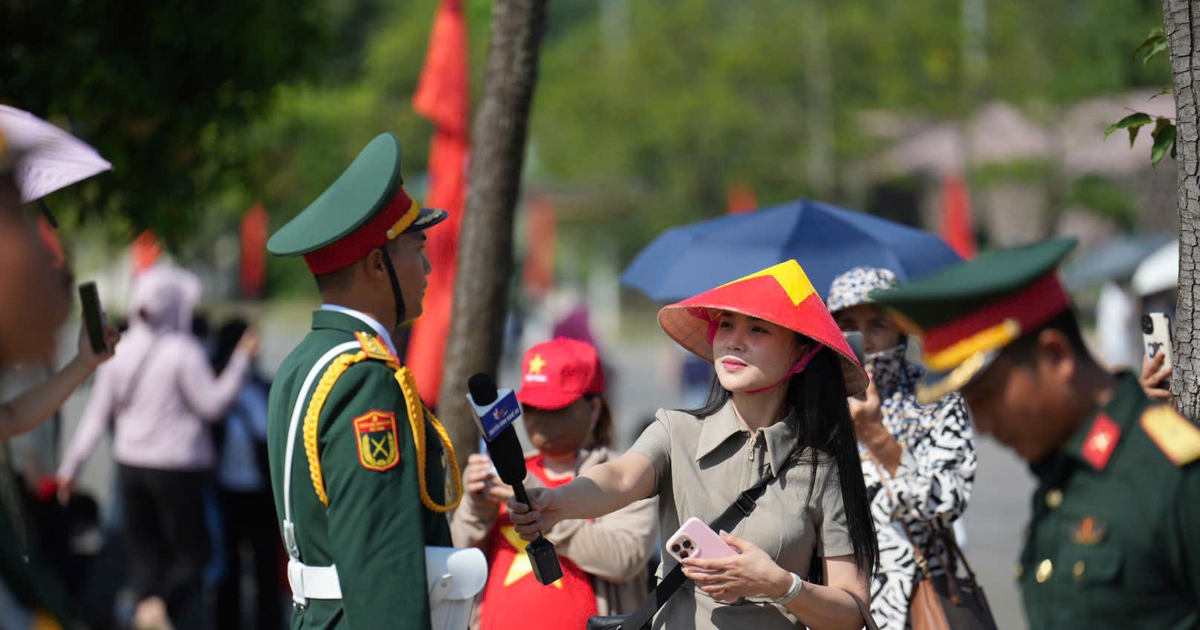

















Comment (0)